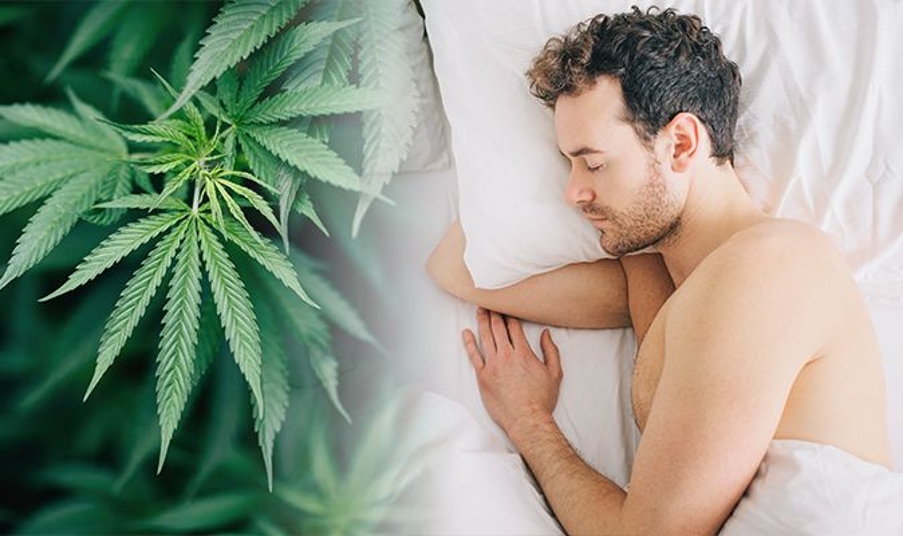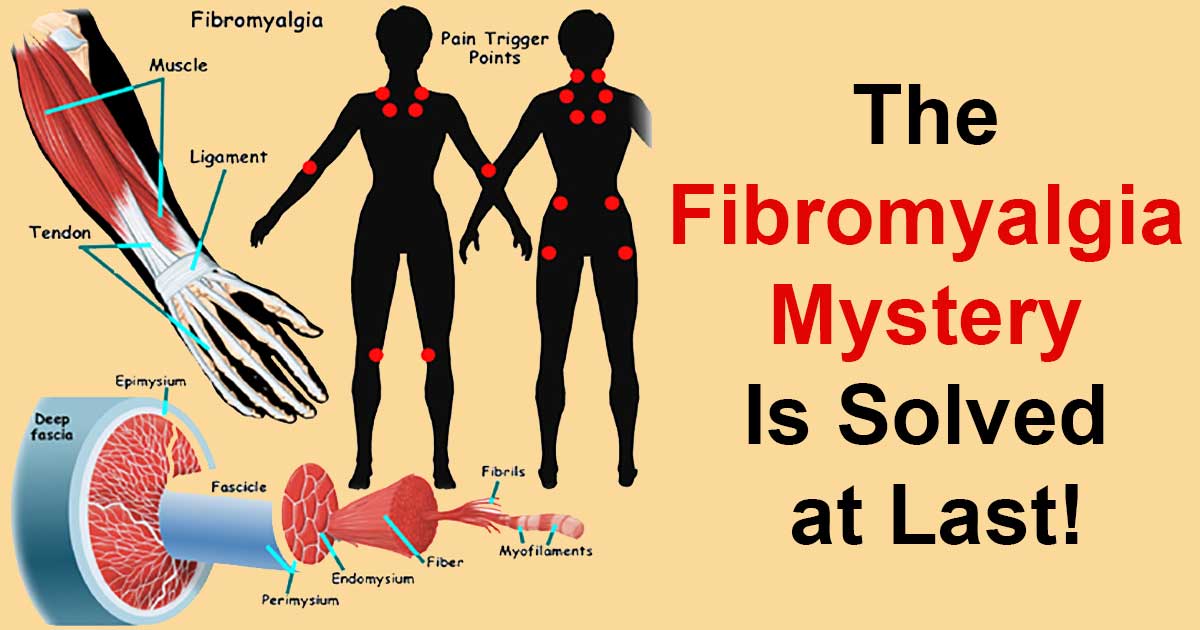Introduction
Sleep plays a vital role in our overall well-being, and when we struggle with sleep issues like insomnia, it can significantly impact our daily lives. Many individuals are turning to CBD (cannabidiol) as a potential natural remedy to promote better sleep. In this comprehensive guide, we will explore the use of CBD for sleep and insomnia, including its potential benefits, recommended dosages, potential side effects, and the best CBD products available in the market. We aim to provide a thorough understanding of CBD’s role in sleep regulation and empower individuals to make informed decisions about incorporating CBD into their sleep routine.
Understanding Sleep and Insomnia
Importance of Sleep – Discuss the significance of quality sleep for overall health and well-being, including its impact on cognitive function, mood, and physical health.
Types of Insomnia – Differentiate between acute and chronic insomnia, as well as primary and secondary insomnia, and highlight the common causes and symptoms associated with each type.
CBD and Sleep
- What is CBD? – Provide an overview of CBD, its natural origin from hemp or cannabis plants, and its non-intoxicating properties.
- How Does CBD Affect Sleep? – Discuss the potential mechanisms by which CBD may interact with the body’s endocannabinoid system and influence sleep patterns, including its impact on anxiety, stress, and pain perception.
Scientific Evidence and Research
- Preclinical Studies – Summarize animal studies that suggest CBD’s potential to promote sleep and regulate sleep-wake cycles.
- Human Studies – Explore clinical trials and research studies investigating the use of CBD for sleep disorders, including its efficacy in improving sleep quality, reducing sleep disturbances, and alleviating insomnia symptoms.
- Limitations and Future Research – Discuss the current limitations of research in the field and the need for further studies to establish the optimal dosing, long-term effects, and potential interactions with other medications.
Benefits of CBD for Sleep
- Sleep Quality Improvement – Highlight CBD’s potential to enhance sleep quality by promoting relaxation, reducing anxiety, and easing physical discomfort.
- Insomnia Symptom Relief – Discuss how CBD may help address insomnia symptoms such as difficulty falling asleep, staying asleep, or waking up too early.
- Anxiety and Stress Reduction – Explore CBD’s potential in reducing anxiety and stress, common factors contributing to sleep disturbances.
Choosing the Right CBD Product
- CBD Oil – Discuss the most common and versatile form of CBD, its ease of use, and potential benefits for sleep when taken sublingually.
- CBD Capsules – Explore CBD capsules as a convenient option for sleep support, with consistent dosing and longer-lasting effects.
- CBD Edibles – Discuss the potential benefits and considerations of CBD-infused edibles for sleep, such as gummies or chocolates.
- CBD Topicals – Address the use of CBD topicals, such as creams or lotions, for localized relief of pain or discomfort that may affect sleep quality.
Dosage Considerations
- Start Low and Go Slow – Advise beginners to start with a low CBD dosage and gradually increase as needed to assess individual tolerance and response.
- Finding the Optimal Dosage – Discuss the importance of finding the right CBD dosage based on factors such as body weight, individual sensitivity, and the severity of sleep issues.
- Consult with a Healthcare Professional – Emphasize the importance of consulting with a healthcare professional, especially for individuals with pre-existing medical conditions or those taking other medications.
Safety and Potential Side Effects
- General Safety Profile – Highlight the generally well-tolerated nature of CBD
- Potential Side Effects – Discuss potential side effects of CBD, such as dry mouth, drowsiness, changes in appetite, and gastrointestinal issues, emphasizing that these effects are typically mild and temporary.
- Drug Interactions – Address the potential interactions between CBD and certain medications, particularly those metabolized by the liver’s cytochrome P450 enzyme system, advising individuals to consult with a healthcare professional before using CBD, especially if they are taking other medications.
Other Sleep Hygiene Practices
- Importance of Sleep Hygiene – Highlight the significance of incorporating good sleep hygiene practices alongside CBD use for optimal sleep outcomes.
- Establishing a Bedtime Routine – Discuss the benefits of creating a relaxing routine before bed, such as avoiding screens, creating a calming environment, and engaging in relaxing activities.
- Sleep Environment – Provide tips on creating a comfortable sleep environment, including temperature control, noise reduction, and using sleep aids like blackout curtains or white noise machines.
- Lifestyle Modifications – Discuss the role of lifestyle factors such as regular exercise, maintaining a healthy diet, and managing stress in promoting better sleep.
Personal Testimonials and Success Stories
Include real-life testimonials from individuals who have incorporated CBD into their sleep routine and have experienced positive results. These stories can provide personal insights and inspire readers to consider CBD as a potential solution for their sleep issues.
Conclusion
Summarize the key points discussed throughout the guide, highlighting the potential benefits of CBD for sleep and insomnia. Emphasize the importance of making informed decisions, consulting with healthcare professionals, and considering individual needs and preferences when using CBD as a sleep aid. Reiterate the need for further research in this area and encourage readers to explore the available CBD products from reputable manufacturers to find the best fit for their sleep needs.
Note: It’s important to consult with a healthcare professional before using CBD or making any changes to your current sleep routine. This guide is intended for informational purposes only and should not substitute professional medical advice or treatment.
- Benefits of Glucosamine Supplements - November 6, 2023
- Benefits of Reishi Functional Mushrooms: A Comprehensive Guide - November 6, 2023
- The Comprehensive Guide on Benefits of Vitamin A - July 13, 2023




